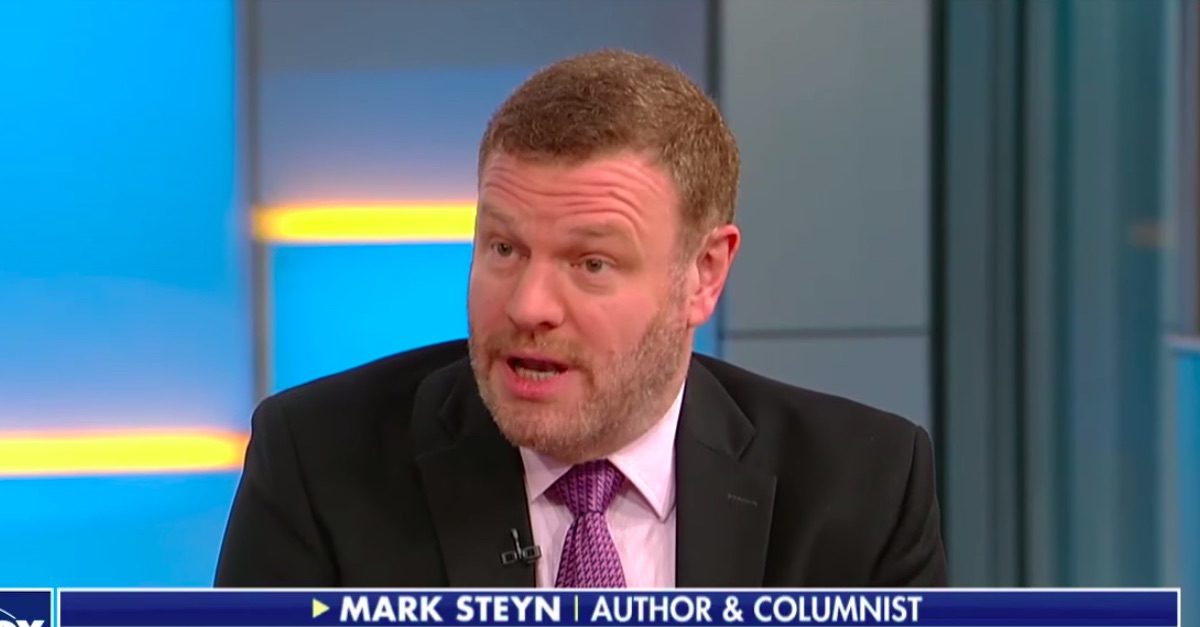
The U.S. Supreme Court on Monday refused to review a lower court’s decision, allowing an acclaimed climate scientist’s defamation case against a conservative news outlet and a libertarian think tank to move forward.
National Review and the Competitive Enterprise Institute (CEI), a Washington-based libertarian think tank, asked the justices to reverse a 2016 District of Columbia court ruling, which permitted Penn State professor and climatologist Michael Mann’s defamation lawsuit to continue. In 2012, Mann sued National Review and CEI and after conservative columnist Mark Steyn and Rand Simberg penned works referring to Mann as the “Jerry Sandusky of climate science.”
“Mann could be said to be the Jerry Sandusky of climate science, except for instead of molesting children, he has molested and tortured data in service of politicized science that could have dire consequences for the nation and planet,” Simberg wrote for CEI in 2012 before the think tank removed the reference, deeming it as “inappropriate.”
Steyn followed up Simberg’s piece with his own column in which he wrote that Simberg “has a point,” and called Mann’s work “fraudulent,” characterizing him as “the very ringmaster of the tree-ring circus.”
Sandusky, once a prominent Penn State assistant football coach, is one of the most infamous child molesters in recent American history. Sandusky, 75, was back in the news just days ago because he was resentenced to 30 to 60 years in prison.
CEI and National Review argued that the 2016 D.C. ruling, which reasoned that Mann’s defamation claims posited verifiable questions of fact and were likely to succeed on the merits, was a direct threat to the free speech and free expression clauses enshrined in the First Amendment of the U.S. Constitution.
Attorneys for Mann argued that accusations of fraud were false statements of fact, not matters of opinion.
Justice Samuel Alito penned an eight-page dissent, saying the case “presents questions that go to the very heart of the constitutional guarantee of freedom of speech and freedom of the press: the protection afforded to journalists and others who use harsh language in criticizing opposing advocacy on one of the most important public issues of the day.”
Alito noted that while an adverse outcome in the case may ultimately make it reviewable, the court’s decision would still act as a deterrent to the free exchange of ideas.
“But requiring a free speech claimant to undergo a trial after a ruling that may be constitutionally flawed is no small burden,” Alito wrote. “A journalist who prevails after trial in a defamation case will still have been required to shoulder all the burdens of difficult litigation and may be faced with hefty attorney’s fees. Those prospects may deter the uninhibited expression of views that would contribute to healthy public debate.”
Alito Dissent by Law&Crime on Scribd
[image via YouTube screengrab]